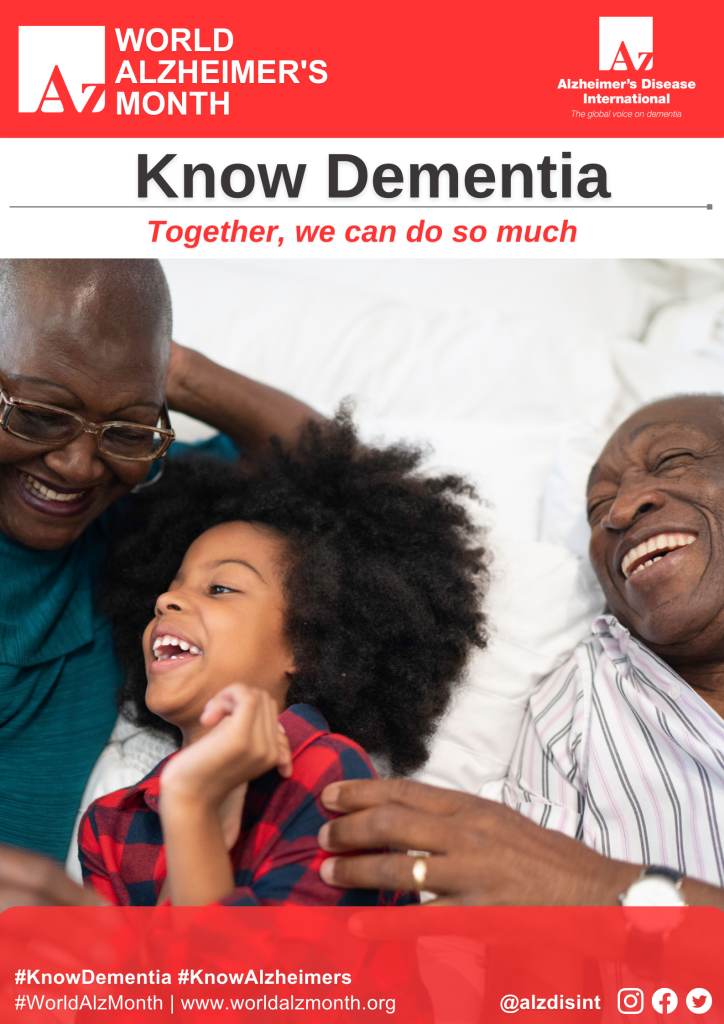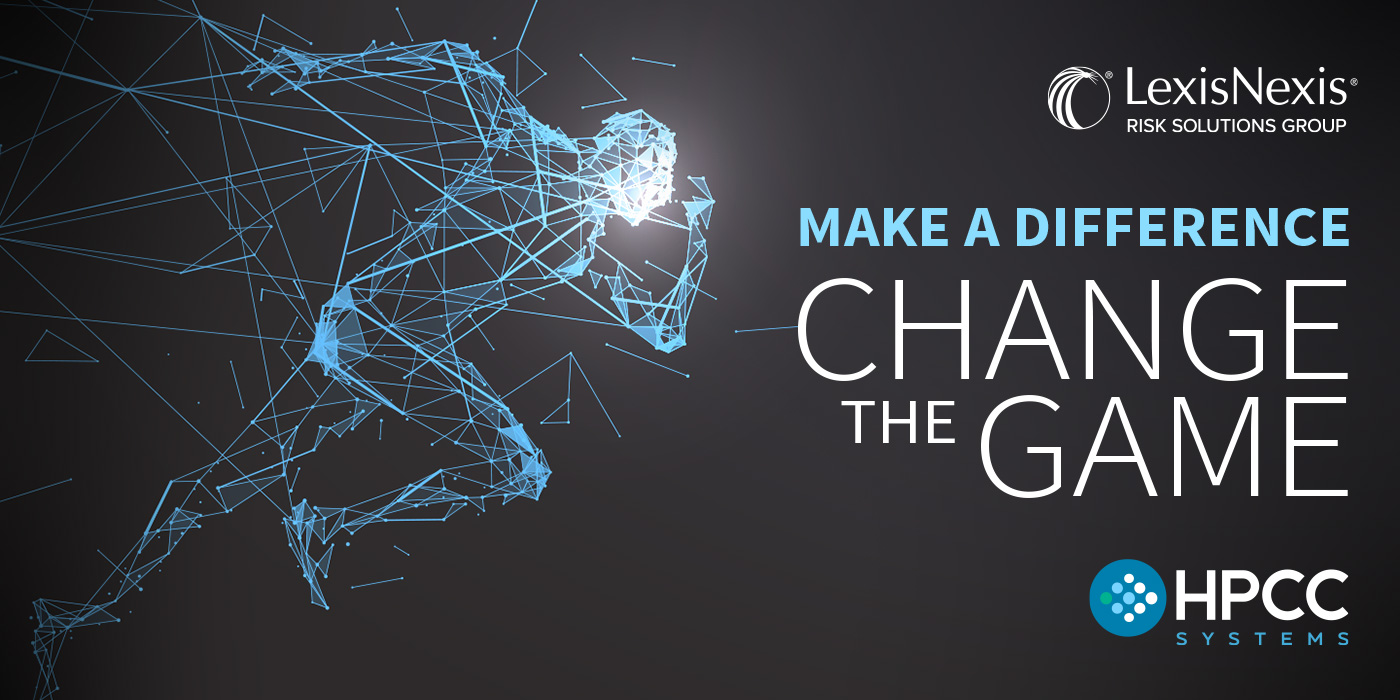An estimated 50 million people around the world currently live with Alzheimer's disease or other dementias, dementia being a collective term for progressive syndromes that affect various expressions of cognitive function, such as memory and emotional expression. Alzheimer’s disease accounts for the majority of cases (50 to 70%, varying by country, based on Alzheimer’s Disease International and World Health Organization figures).
Obstetrics and Gynecology Clinics of North America, Volume 49, Issue 3, 2022, Pages 581-590
American Journal of Obstetrics & Gynecology MFM, Volume 4, Issue 2, March 2022, article 100482.



